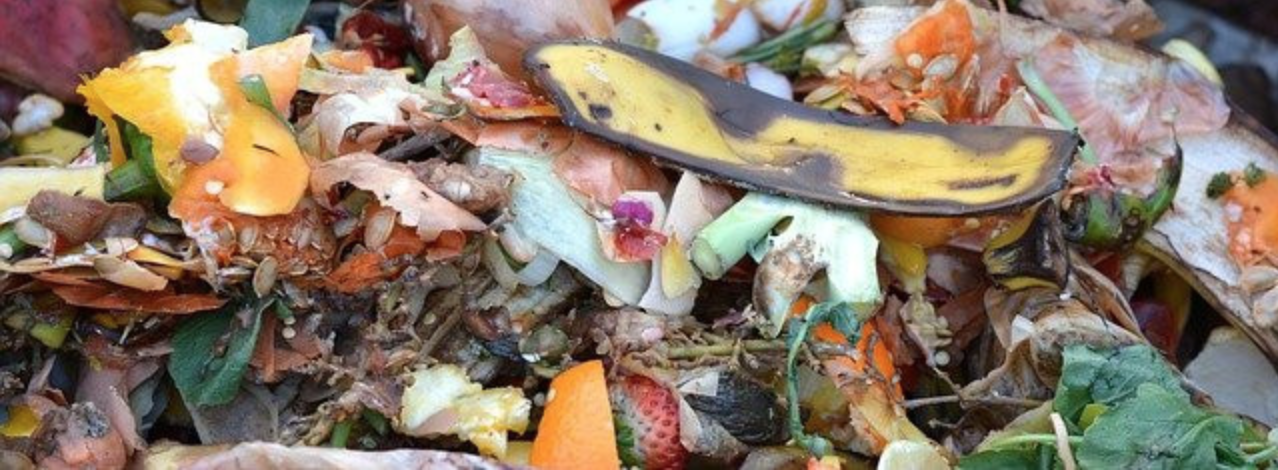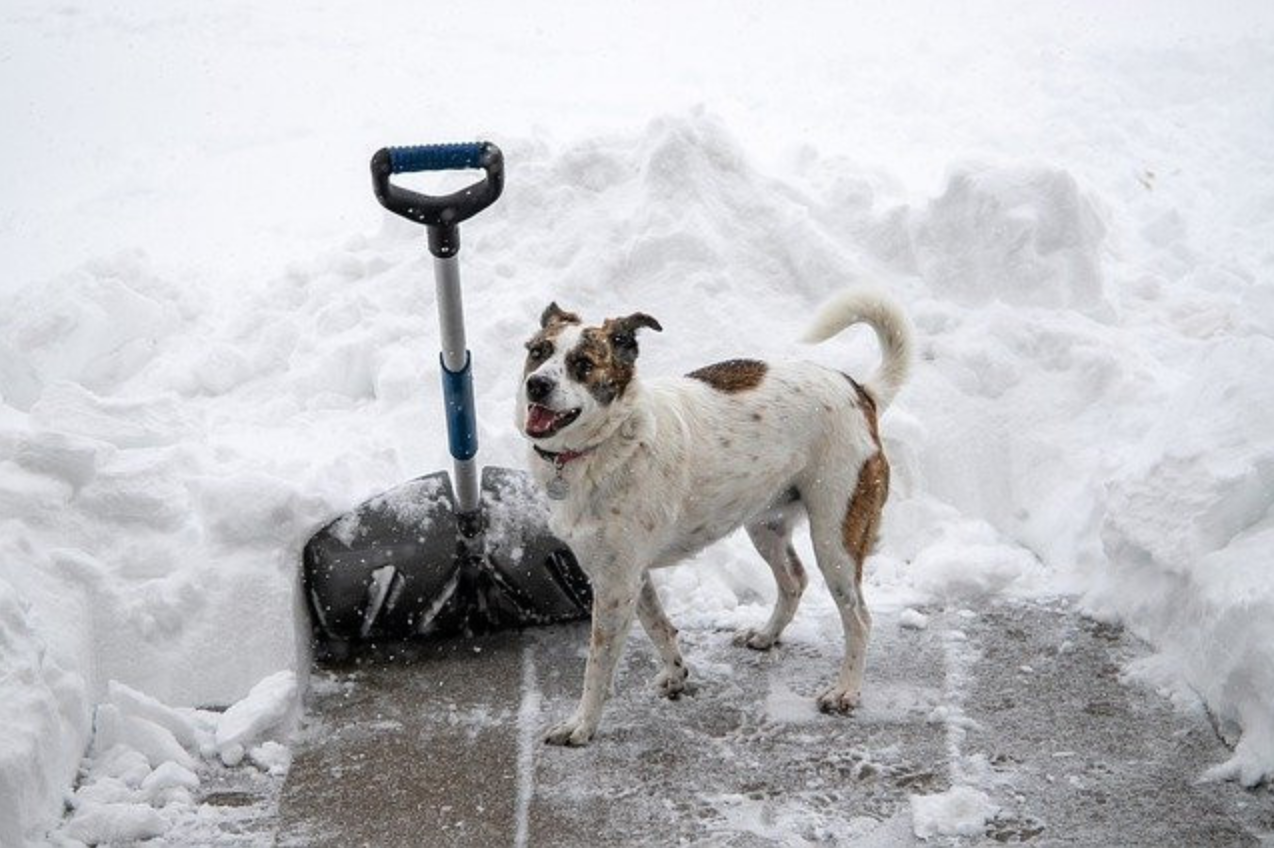Many people are unfamiliar with what composting is and what it consists of. I myself was wondering, what is the point of composting? It turned out to be pretty simple to understand and offers many benefits for the environment.
In short, composting involves taking organic material and adding it into your soil to help your plants grow.
Compost can be broken up into different categories: browns, greens, and water. Browns include anything from dead leaves to branches, greens are considered vegetable and fruit scraps, and water is rather self-explanatory.
I recently wanted to answer why recycling was so difficult, which also made me think of other ways to help the environment. It was very clear that I needed to learn about composting.
Why Compost?
Aside from the fact that compost is an ideal food for your garden, it’s also beneficial in other ways. For one, composting helps to significantly reduce waste. Believe it or not, most of the things you throw away can actually be used as compost.
For example, newspapers, eggshells, tea bags, cotton, and even lawn clippings are all materials that can be used as compost instead of being thrown into the trash. The stuff you don’t compost takes up space and may produce harmful gases.
Composting is also a great way to save money, particularly if you are an avid gardener. You’ll definitely save on fertilizers for your plants, as many healthy nutrients are released into the soil via your compost.
What Happens to Our Food Waste? The Importance of Composting
According to the EPA, in 2018 in the United States, food accounted for 24% of all the material in landfills. Food in landfills is a significant cause of methane gases in the U.S.
In this very informative video, Lucy Biggers demonstrates what happens to our food waste by using New York City as an example.
How Does Compost Help Plants?
The soil in which your plants are growing needs nutrients for it to remain rich. Composting provides a full spectrum of nutrients for your soil that gradually becomes available as your plant requires them.
Many microorganisms in the compost are also useful in helping your plants absorb the fertilizers’ nutrients. Your compost attracts beneficial critters such as earthworms and millipedes, which in turn tunnel through the soil and open up airways for your plants to receive a healthy amount of air and water.
Overall, compost helps to moderate your soil’s pH levels, meaning that you don’t have to worry about it at all.
Compost is also beneficial to your soil because it helps keep it warm during the winter months. This, in turn, helps feed the still-active beneficial organisms living underneath.
Making Abundant Compost
Although all compost is beneficial to soil and plants, some are better than others. The trick is to ensure that you are providing the following four elements to your compost: oxygen, nitrogen, carbon, and water.
Your compost needs carbon because it is the energy food for the microorganisms that it attracts. For the most part, dry leaves, straw, and even shredded paper are excellent carbon sources.
Providing nitrogen is a great way to help the microorganisms grow and multiply within your soil. When looking to add more nitrogen into your compost pile, simply add in vegetables, over-ripe fruits, kelp, and even seaweed.
Water is another obvious critical factor in ensuring that your compost pile is healthy and nutritious for your plants and soil. Be sure to keep your compost pile moist so that the microorganisms are hydrated. You will, however, want to be extra careful not to over-water your compost pile.
The best way to keep your compost pile moist is by simply letting the rain do its thing. However, if you feel as though the rain hasn’t been sufficient to keep your compost pile hydrated, you can always use a garden hose to moisten up the ground.
Lastly, you will want to make sure that your compost has enough oxygen in it. You can easily do this by aerating the soil in your compost pile to make enough oxygen available for the microorganisms.
What Not to Compost
While there are a lot of household items and foods that you can throw into your compost pile, there are some things that you want to refrain from adding into the mix.
Dairy products, for example, are a big no-no. Steer clear of adding any butter, milk, or even yogurt to your compost pile as this will not only create an unpleasant odor in your backyard but will also attract rodents and other unwanted pests.
Meat and fish bones are another item on the do-not-add list, and for the same reason that dairy is on the list. These items will simply attract pests that you don’t want lurking around your garden.
Although yard trimmings are safe to use in compost piles, be sure that they have not been chemically treated before adding them to your compost. This is because any chemicals may kill off any beneficial microorganisms living in your compost and negatively affect your soil.
Fat, lard, grease, and pet waste are also other things that you really should not include in your compost pile and are better off being disposed of elsewhere.
How to Start Your Own Compost Pile
Now that you know about all the benefits of creating a compost pile, you’re probably itching to start your own.
The good news is that this is a simple process that doesn’t require a lot. If you are composting in your backyard, be sure to pick a shady area that is close enough to a water source.
Once you have a spot in mind, you can add your brown and green materials to the pile. Be sure that you are cutting up any materials that may be too big for the pile. Also, remember to keep your compost pile moistened as you go and add the remainder of your materials, such as grass clippings or old fruit.
Many people choose to use compost bins which can be made out of trash cans, wood pallets, stone, or even wire.
Just make sure you use something like a trash can, and you cut holes into the sides to allow microorganisms to make their way in and begin their job.
You may also want to consider keeping your compost pile covered to prevent any moisture from escaping.
Related Posts:




